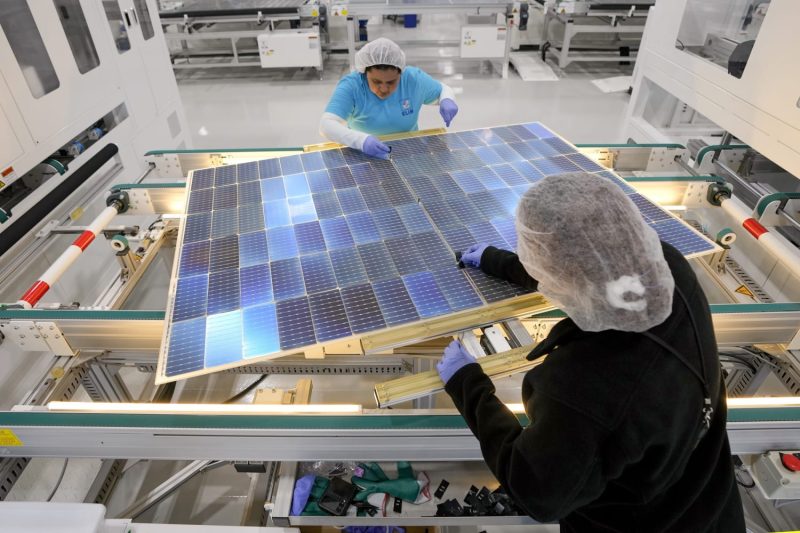In recent years, the U.S. labor market has been undergoing a noticeable shift towards skilled labor, while white-collar hiring has been slowing down. This shift is not only reshaping the dynamics of the workforce but also influencing various industries and businesses across the country.
One of the primary reasons behind this trend is the growing demand for specialized skills in sectors such as technology, healthcare, manufacturing, and skilled trades. Employers are increasingly seeking individuals with specific technical expertise, certifications, or advanced degrees to fill positions that require specialized knowledge and training. This has led to a surge in demand for skilled workers who can contribute immediately to the organization’s success.
Another factor driving the shift towards skilled labor is the automation of routine tasks and the adoption of advanced technologies in the workplace. As companies integrate artificial intelligence, robotics, and other digital tools into their operations, the need for employees who can operate, maintain, and optimize these technologies has escalated. Workers with technical skills and the ability to adapt to new technologies are becoming invaluable assets to companies looking to stay competitive in the digital age.
Furthermore, the changing nature of work and the evolution of the gig economy have also played a role in the rise of skilled labor. Freelancers, independent contractors, and gig workers are increasingly filling roles that require specialized skills on a project basis. This flexible workforce model allows businesses to access top talent without the long-term commitment of traditional employment arrangements, leading to a greater reliance on skilled professionals to meet project-specific needs.
While the shift towards skilled labor presents opportunities for individuals with specialized expertise, it also presents challenges for those in traditional white-collar occupations. As the demand for routine administrative, clerical, and managerial roles declines, individuals in these positions may need to upskill or reskill to remain competitive in the evolving job market. This shift underscores the importance of lifelong learning and continuous professional development to stay relevant and marketable in a rapidly changing economy.
In conclusion, the U.S. labor market is undergoing a significant transformation as skilled labor becomes increasingly essential in driving economic growth and innovation. Employers are prioritizing individuals with specialized skills and technical expertise to meet the demands of a shifting business landscape. As the workforce continues to evolve, adapting to the changing dynamics of the labor market will be crucial for individuals and businesses seeking to thrive in an increasingly competitive environment.


























